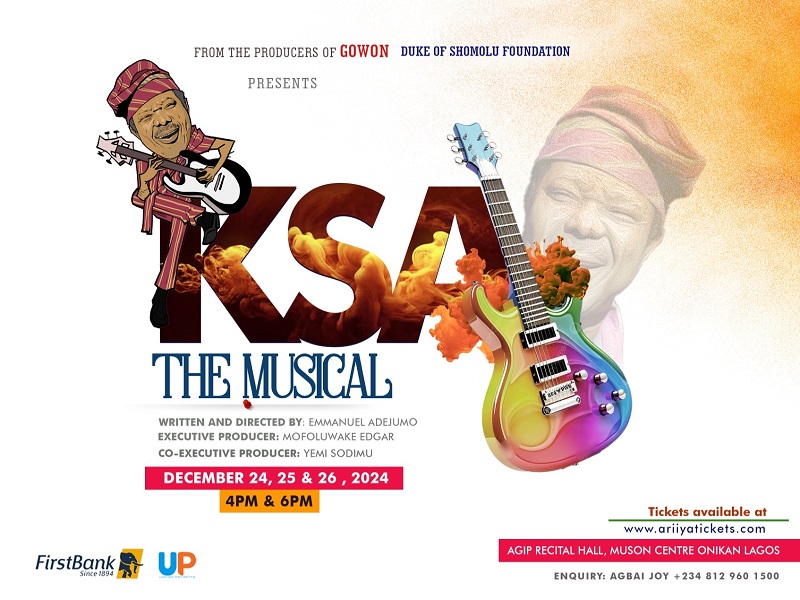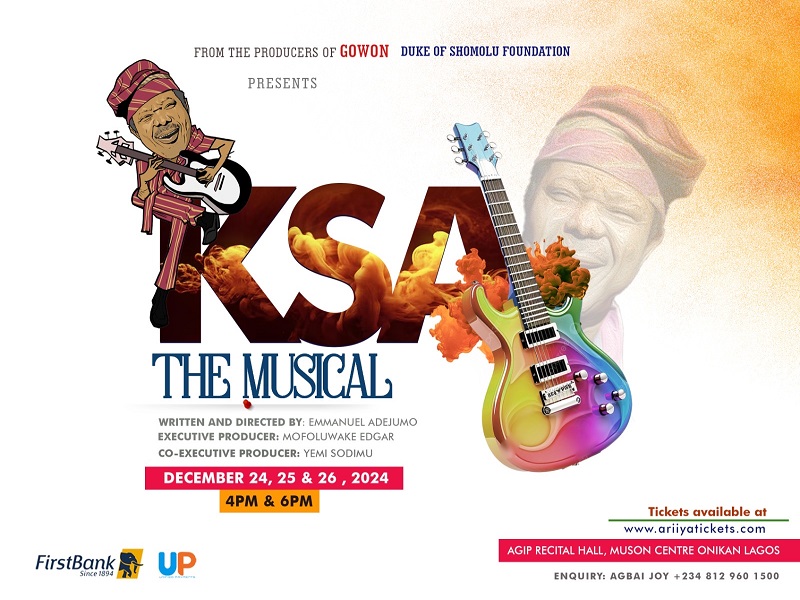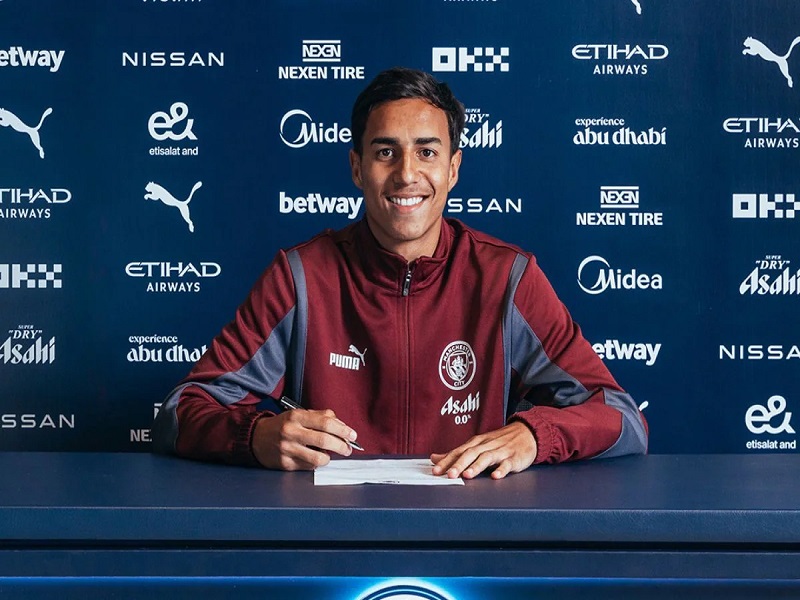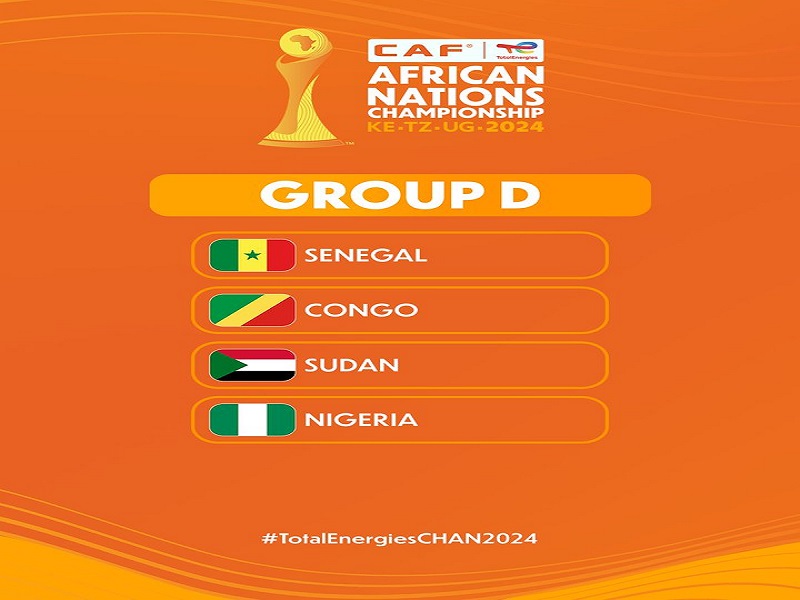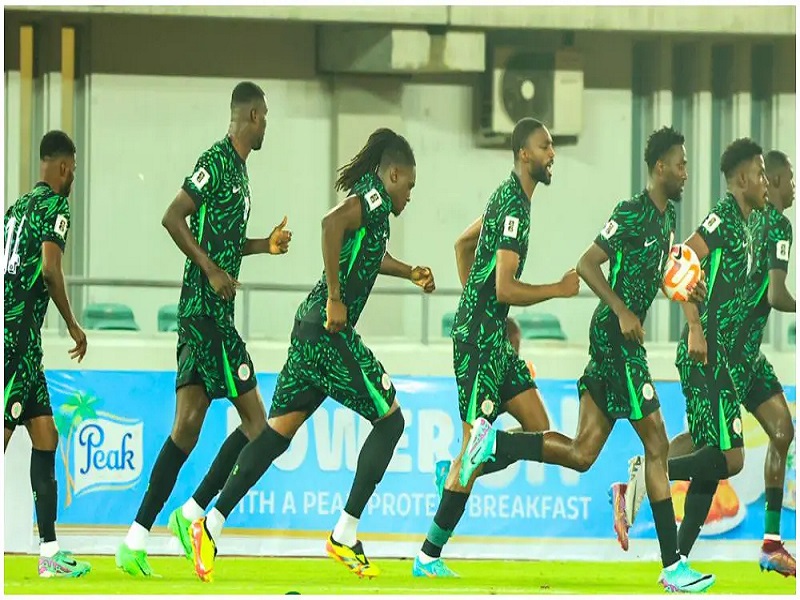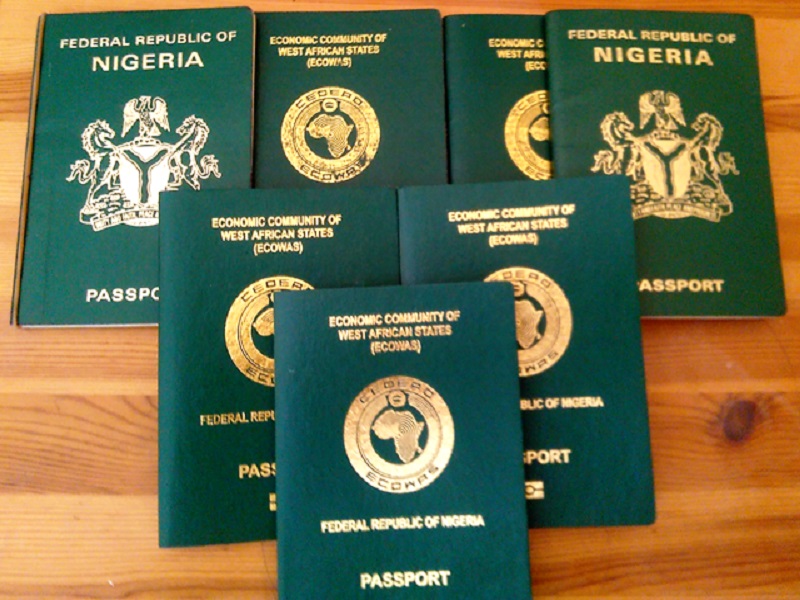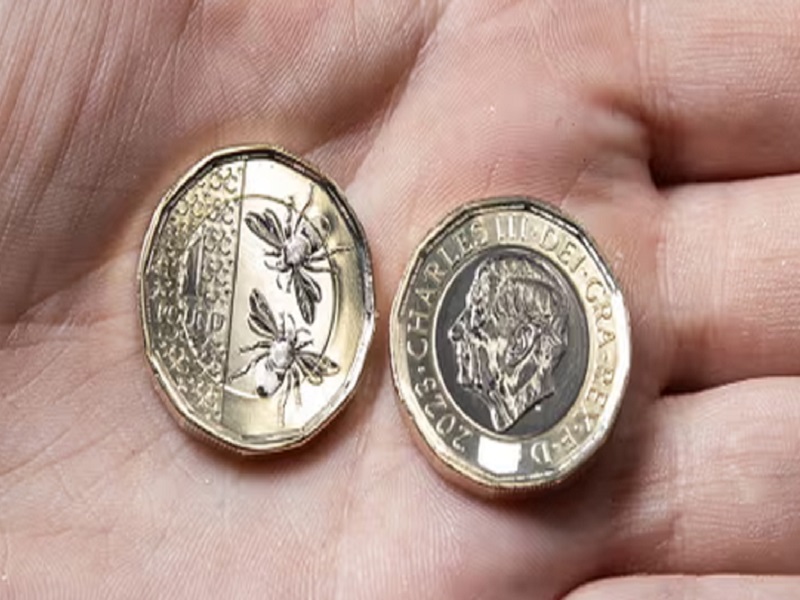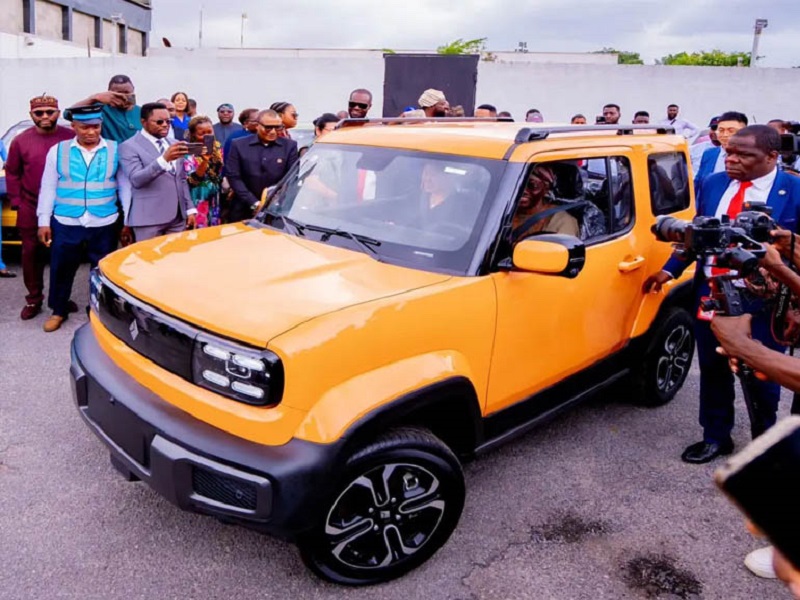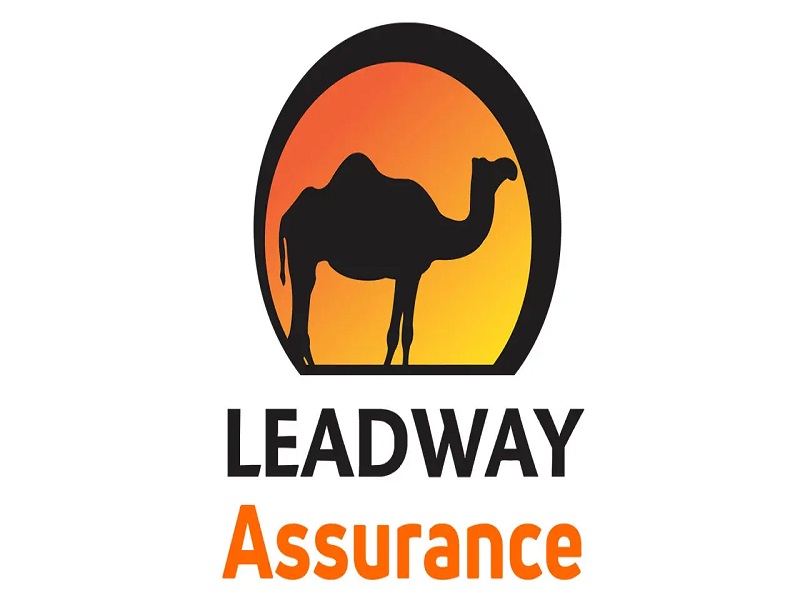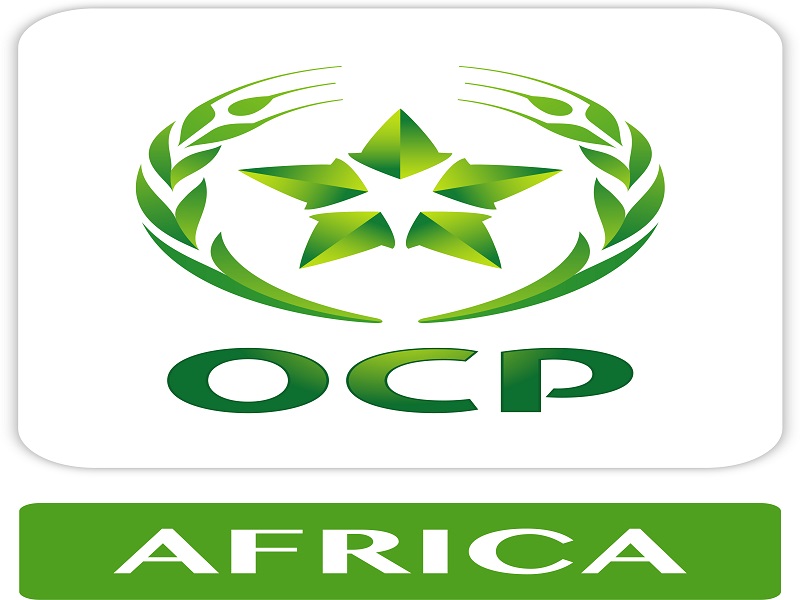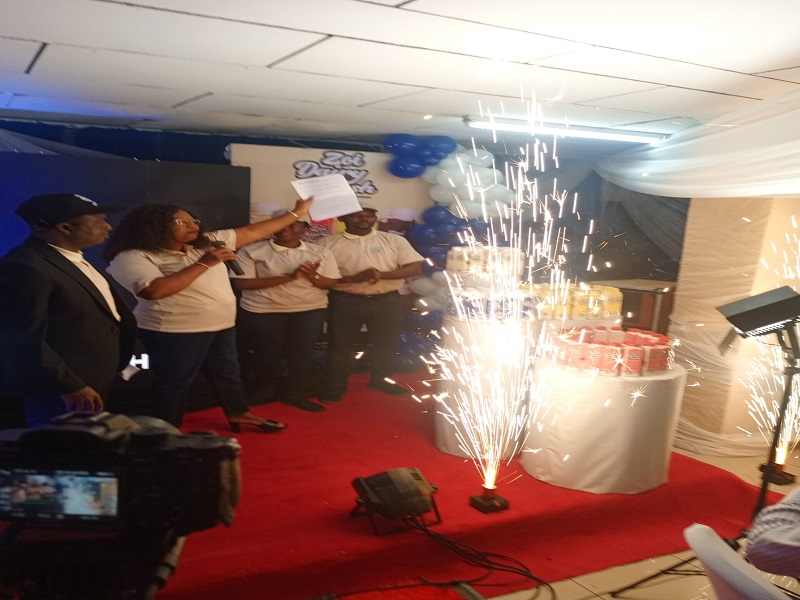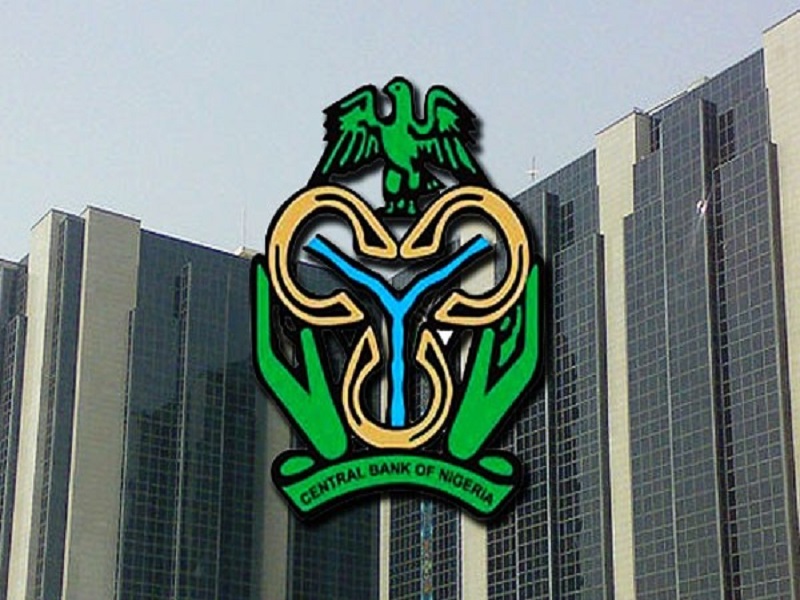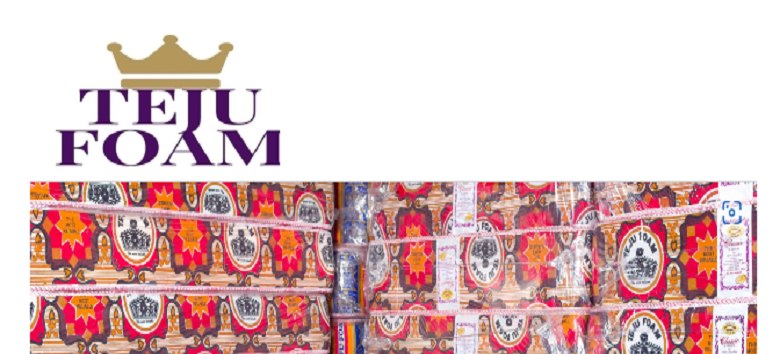The Nigerian insurance industry has continued to see the need to put insurance education at the front burner of its consideration in recent times.
Operators have resolved not to be lax anymore about telling all those who care that insurance remains the last hope of the common man, especially at a time of loss or unexpected calamity. It also engenders peace of mind above all things. In Nigeria, the poor acceptance of insurance, which is due to multifarious reasons, makes the people lag behind their contemporaries in other advanced climes where insurance is life itself. In those countries, everything is insurance.
From life, motor, building, household items, shipment, etc. Any endeavour that is risk prone has a tag of insurance on it.
It makes no news that in our country the commonest insurance is motor, especially Third Party Motor Insurance, often regarded as“police make I pass”. Many acquire the third party motor insurance certificate to fulfill all righteousness. Actually, hordes of motorists see nothing wrong patronising touts at licensing offices, Local Government offices or other where fraudulent agents give them fake certificates alongside other particulars of their vehicles. The patrons fail to realize that the fake certificate they carry about is not worth more than the mere paper it bears when a loss occurs. It is often loss on of those who patronise motor policy counterfeiters that if genuinely obtained, the tariffed rate of N15,000 which is the current cost of the policy could give the third party compensation, to the tune of N3million for third party damages.
In actual sense, it’s called Third party because the Insurance Company from which the certificate is obtained represents the first party, the owner of the policy is the second party, while the other vehicle owner is the third party. Under this policy, the liability only covers the third party. On the other hand, the comprehensive insurance has a broader scope of cover and in addition to third party also accommodates damages to the owner of the car in the event of loss, due to accident, fire or theft of the vehicle. Comprehensive insurance is often charged at a percentage of the cost of purchase of the vehicle. Suffice to state that the purchase of insurance could wisely be done through an Insurance Broker, who is a professional intermediary, offering personalized information and education to clients, and assisting them to pursue their claims when a loss occurs.
Policies could also be bought through a tied Agent of an insurance company , or directly from an Insurance company, otherwise referred to as underwriter.
But aside from poor knowledge about the benefits that motor insurance offers, the real bogging issue really has to do with the crass ignorance of many policy holders as to their rights to claim when an accident occurs. It’s amazing that a lot of public nuisance, road rage and fisticuffs experienced on our roads by motorists on a daily basis due to road accidents may not have arisen if there is proper understanding of the point by point steps to take when one’s insured vehicle is involved in a road accident.
This ignorance could not have been better demonstrated than in a recent experience of a friend, Tunde, a top Lagos business executive, whose car was hit from the rear by Akin, a laboratory technologist, in a hectic traffic somewhere around the busy Ikeja axis in Lagos. As expected, the “offender” realizing he was wrong already was contemplating an alibi as one could see on his electrified visage, ready to combat Tunde who had just highlighted from his car to inspect the extent of damage done to his car. Having understood how insurance works, Tunde courteously asked Akin if his car was insured. With some measure of unease, Akin answered in the affirmative. Not sure of what was next, Akin reached out to the safe compartment of his car and brought his Third party insurance certificate tucked inside the pack of other papers, believed to be vehicle papers . “Thank goodness!”, Tunde said, as he noticed Akin’s car was insured by a reputable insurance company, having taking time to check carefully. “Can you hand this certificate over to me and call your insurance company?” said Tunde. Looking bewildered, Akin tried putting a call through to his insurance company, and was lucky to get through to a staff of the insurance company whom he narrated what had happened to. The two of them exchanged contacts and with some measure of friendliness left for their different destinations.
This is definitely not a common scene on our roads! Heads would have been bruised and there would have been plenty of “turenchi” that would have followed with serious nuisance to other road users.
To make the experience of Tunde and Akin a daily experience on our roads for those who carry valid motor insurance certificates, this writer has decided to bring to the fore steps that a vehicle owner, should take in the event of an accident:
- Step out of your car to examine the extent of the damage to your car. If it goes beyond what you could pass off and pardon, ask with politeness if the other party that hit your car has insurance for his vehicle
- You may wish to take the picture of the damage at the spot of accident as a proof or evidence.
- Immediately notify the Insurance Broker or directly contact the insurance company to give notice about the accident
- Go ahead to obtain estimates of the damage from a repairer
Send the items or quotation obtained to the Insurer - In response, the Insurer sends a claims form to the insured to be completed
- From the estimate, the Insurer will know if the damage is major or minor. If minor, the Insurance company could do the adjusting in-house and make an offer to the client. If he is satisfied with the proposal, the latter signs off and gets his cheque in the agreed sum. If it’s a major damage, there would certainly be a need for Police Report to ascertain who is liable.
- After the above, the Insurer appoints an Adjuster who would visit the garage where the estimate was obtained. The Adjuster sends the adjusted sum to the Insurer who would make an offer. If satisfied, the client takes his cheque; but if not, further adjustment continues until a reasonable consensus is reached and cheque issued for the repairs.
However, in the event of the accident involving death, the Police report becomes imperative. The amount to be paid at this instance to the family of the deceased family is determined by the court or negotiated with family of the deceased.
In conclusion, it must be stressed that for the desired public confidence and trust for insurance to be earned, all insurance companies must ensure that insurance policy documents devote a portion to procedures for claims payment. This initiative would remove every shadow of suspicion and poor knowledge about insurance and by so doing buoy the strident campaign for enhanced insurance awareness in the country. Happily too, the insurance industry has simplified the digital process of finding out whether a vehicle insurance is genuine or not through the insurance industry data base platform. All you need to do is to dial on your phone USSD code 56511# and the fact is disclosed including further details about the vehicle.



